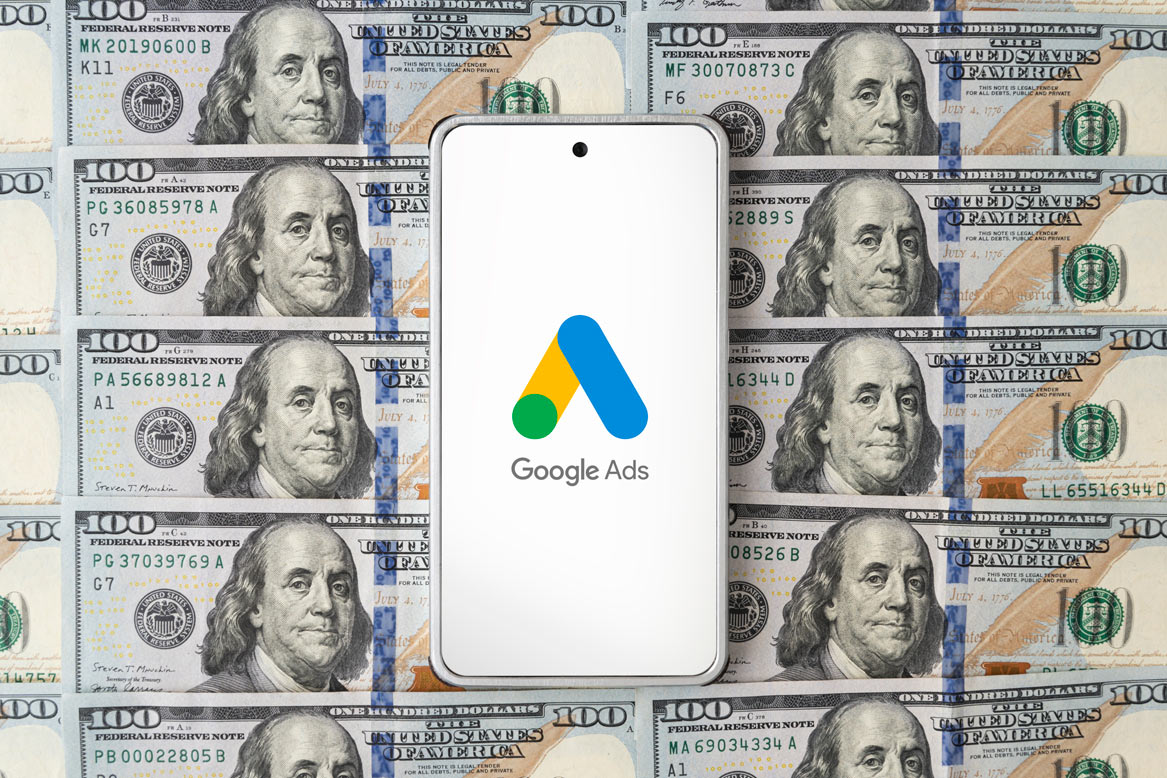In an era where data privacy is paramount, businesses must adapt to ever-changing regulations to ensure compliance and maintain customer trust. One essential tool in achieving this is Google’s Consent Mode. As Google Partner’s and Google Ads specialists, we want to assure that you and our customers stay up to…
AdWords Manager
-
AdWords Consultant - AdWords Manager - Google Ads Consultant - Google Ads Management - Google Ads Management Pricing
-
AdWords Account Management - AdWords Consultant - AdWords Manager - Google Ads Consultant - Google Ads Management - Google Ads Manager - Google Ads Services - Google Ads Strategists
Strike… Google Institutes Penalties for Not Following the Rules
It’s called three strikes you’re out – Google has instituted new penalties to get advertisers’ attention to policy violations. Our concern is the number of false positives that we routinely see and the difficulty in resolving these issues due to the inability to just pick up the phone and chat…
-
AdWords - AdWords Account Management - AdWords Consultant - AdWords Manager - AdWords Services - Google Ads - Google Ads Consultant - Google Ads Management - Google Ads Management Pricing - Google Ads Manager - Google Ads Services - Google Ads Strategists - Google AdWords - Google Partner - News & Trends - Performance Marketing
The Value of Using a Google Partner for Google Ads Management
It just makes sense to get more sales from your investment in paying an account manager with experience to manage your Google Ads program. How So? Google Partners are companies that have been certified by Google to manage Google Ads campaigns for businesses. They have the latest Google Ads product…
-
AdWords - AdWords Account Management - AdWords Consultant - AdWords Manager - AdWords Services - Google Ads - Google Ads Consultant - Google Ads Management - Google Ads Management Pricing - Google Ads Manager - Google Ads Services - Google AdWords
Welcome to the New World of Google Ads Tracking – Trust Me, You Won’t Like It
Google is always evolving, and unfortunately we have to evolve along with them. Here’s the big issue – with the implementation of G4, loss of third party cookie tracking, sunsetting of Google UA Analytics around July 1, we are just now starting to really see the new world of conversion…







